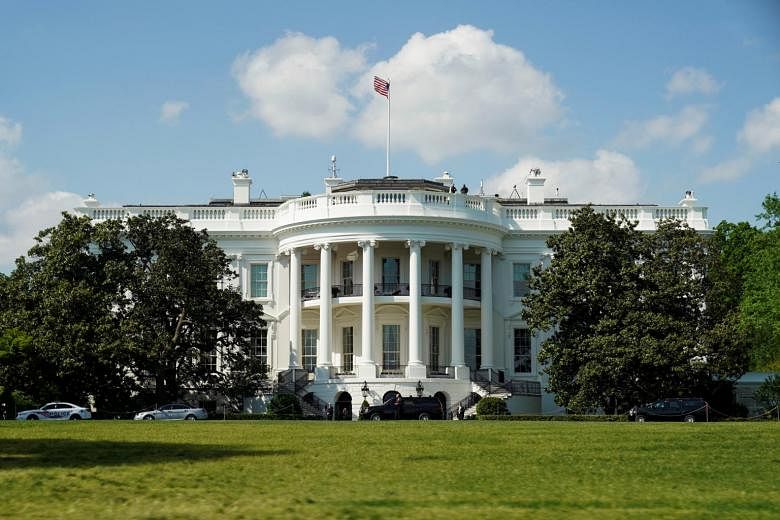It began as a crime story in June 2016 about the lewd behaviour of a seven-year-old refugee boy towards a five-year-old American girl in Twin Falls, Idaho. But the incident quickly morphed into fake news that the girl had been gang-raped at knifepoint by Syrian refugees, who exchanged high-fives with their fathers afterwards.
Officials were slow to publicly correct the story and it took on a life of its own. The Internet Research Agency (IRA), a Kremlin-linked Russian group, fuelled anti-immigration and anti-Islam sentiment in the small community by creating false personas on social media to weigh in on the supposed gang-rape.
This incident and other similar ones are examples of how Russia's disinformation campaigns go beyond trying to sway an election and are part of a broader drive to undermine democracy and public trust in America's justice system, said a new report by the Centre for Strategic and International Studies (CSIS) think-tank in Washington.
The report, Beyond The Ballot: How The Kremlin Works To Undermine The US Justice System, details how Russian online groups and propaganda outlets pick up on legitimate controversial issues to incite people and stoke the flames of division. Often, their strategy is to take opposing sides of divisive social issues and encourage people to go out and confront each other, as well as attack the rule of law in the courts.
"Russia did not invent these divisions and these weaknesses, but (President Vladimir) Putin exploits and exacerbates them," said report co-author and CSIS senior adviser Suzanne Spaulding, a former Department of Homeland Security undersecretary in charge of strengthening cyber security and protecting election infrastructure ahead of the 2016 presidential election.
The warning comes on the heels of special counsel Robert Mueller's report, released two weeks ago, which devoted nearly half of its 448 pages to detailing how "the Russian government interfered in the 2016 presidential election in sweeping and systematic fashion".
It dovetails with FBI director Christopher Wray's warning last Friday in a speech to the Council on Foreign Relations that Russia continues to work to undermine America's faith in democracy. "That is not just an election-cycle threat. It is pretty much a 365-day-a-year threat."
Former US secretary for homeland security Michael Chertoff said at the CSIS report's launch on Wednesday: "We've talked about this mainly in the context of elections, but this is a deeper strategy. It's a strategy meant at undermining the cohesiveness of societies."
The report noted Russian disinformation campaigns targeted not only the US but also other Western democracies, including Finland, France, Germany and the Netherlands, from 2014 to last year.
Ms Spaulding said Russians are not the only ones engaged in disinformation campaigns and influence operations against the US, merely the most pernicious at this point in time. The report laid out in detail how Russian groups, such as the IRA, would use networks of coordinated bot accounts to make content go viral, share humorous images, known as memes, to spread their narratives, and manage "sock puppet" accounts that masqueraded as actual humans or trusted groups.
They would promote content that misrepresented court cases, attack judges online and undermine the credibility of investigations to create the perception that America's judicial system was corrupt and dysfunctional. The US needed to guard against those who would turn criticism into cynicism and encourage Americans to give up on their institutions, said the report.
However, Ms Spaulding and other experts cautioned against curtailing freedom of speech, and robust debate and discussion when responding to the Russian operations. Mr Chertoff said: "We have to be careful not to overreact, because when you're dealing with the issue of speech, you're getting into areas where the cure can be worse than the disease."
Instead, they called for solutions that promoted more transparency, including identifying and labelling disinformation through innovative initiatives on social media platform, strengthening campaign finance and advertising laws, and teaching media literacy to more people.

